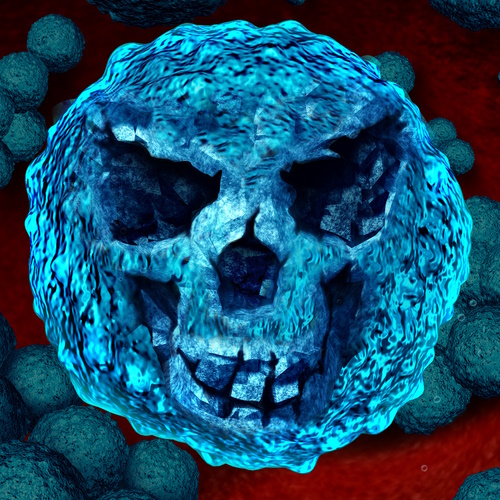Key points from article :
A new superbug-destroying coating that could be used on wound dressings and implants.
Effective against a broad range of drug-resistant bacteria and fungal cells.
Black phosphorus (BP) is effective at killing microbes when spread in nanothin layers on surfaces like titanium and cotton.
"A dual bug killer that works by tearing bacteria and fungal cells apart," - Aaron Elbourne, Co-lead researcher.
"Materials that degrade easily with oxygen can be ideal for killing microbes," - Sumeet Walia, Co-lead researcher.
In just two hours, up to 99% of bacterial and fungal cells were destroyed.
The BP also began to self-degrade in that time and was entirely disintegrated within 24 hours.
Identified optimum levels of BP that have a deadly antimicrobial effect while leaving human cells healthy and whole.
Experimenting with different formulations to test on a range of medically-relevant surfaces.
Research by RMIT University published in the journal ACS Applied Materials & Interfaces.





